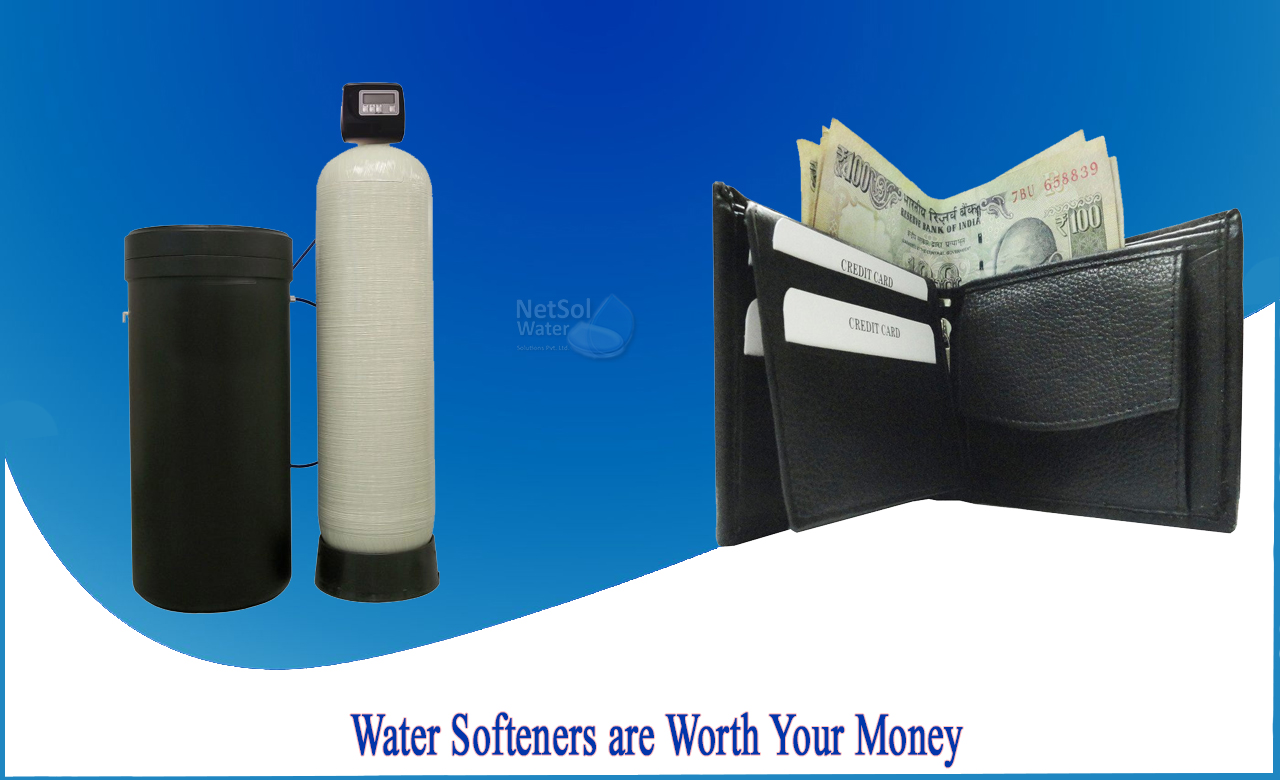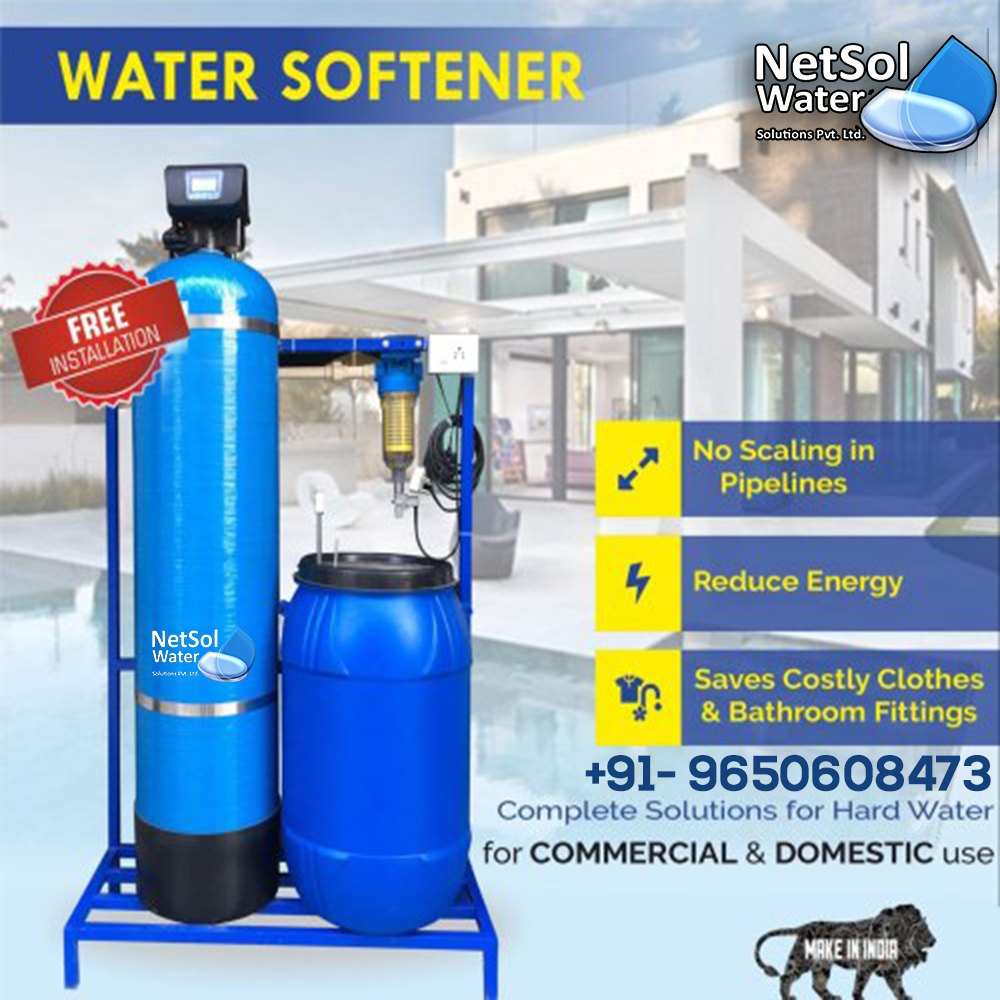Despite the fact that many homeowners are dealing with a variety of water issues such as hard-water stains, inefficient appliances, and excessive soap and detergent use, they are unsure whether a water softener is worth the cost. While it is prudent to be frugal and avoid wasteful spending, water softeners actually assist you in resolving many common water-related problems around the home while also saving you money.
Is hard water really troublesome?
There is nothing nutritionally wrong with hard water. It is completely safe to consume.
Here's the skinny on hard water.
Hard water can cause a slew of issues in your home. Hard water will clog your pipes over time, reducing water flow. Minerals will accumulate in all of your valves and fixtures, shortening their lifespan and efficiency. In addition, hard water reduces the efficiency and lifespan of your water heater. Because of the buildup in your water heater, it requires more energy to heat the water. All water-using appliances will have significantly shorter life spans as well. Soft water will benefit refrigerators, washing machines, dishwashers, sinks, and toilets.
Soft water benefits all of your water-based appliances, including your washing machine, dishwasher, and water heater, by significantly reducing scale buildup. Scale can clog hoses and pipes and adhere to machine parts, reducing their overall effectiveness. The calcium and magnesium that form limescale also prevent laundry and dishwasher soap from mixing with water, causing soap scum to form and the machines to not clean as well as they should.
The buildup of limescale at the bottom of your water heater tank acts as a barrier between the heating coils and the water. It takes longer to heat your water, reduces the capacity of the tank, and wastes both energy and water. This can add up to a 20% increase in both your water and energy bills over time.
Is Your Water Softener Worth The Money?
A water softener does not consume as much energy or salt as you might think. The total energy required to run a water softener for a year is the same as that required to run an alarm clock for a year. And, because most new softeners regenerate only when needed, water and energy consumption are minimized. The water softener is used less than five times per month by a typical family of four.
When it comes to the longevity and performance of your appliances, soft water makes a significant difference. Using soft water with your everyday appliances helps to extend their life and reduces wear and tear. Because a water softener prevents scale buildup in pipes and on faucets, it extends their life and power. You could save up to 27 percent on energy in just one year if your hot water heater doesn't have to work as hard.
Furthermore, when using soft water, water-using appliances last up to 30% to 50% longer, which means you won't have to replace expensive water heaters, dishwashers, and washing machines as frequently.
It all comes down to what you value the most in the end. If you own a home, not keeping your appliances and plumbing in good working order can quickly add up.
Would you rather pay less for a preventative water softener now or wait until the hassle of replacing your pipes costs you a lot more time and money? And, while dry skin can be aggravating and painful, hard water can be harmful to your health.




